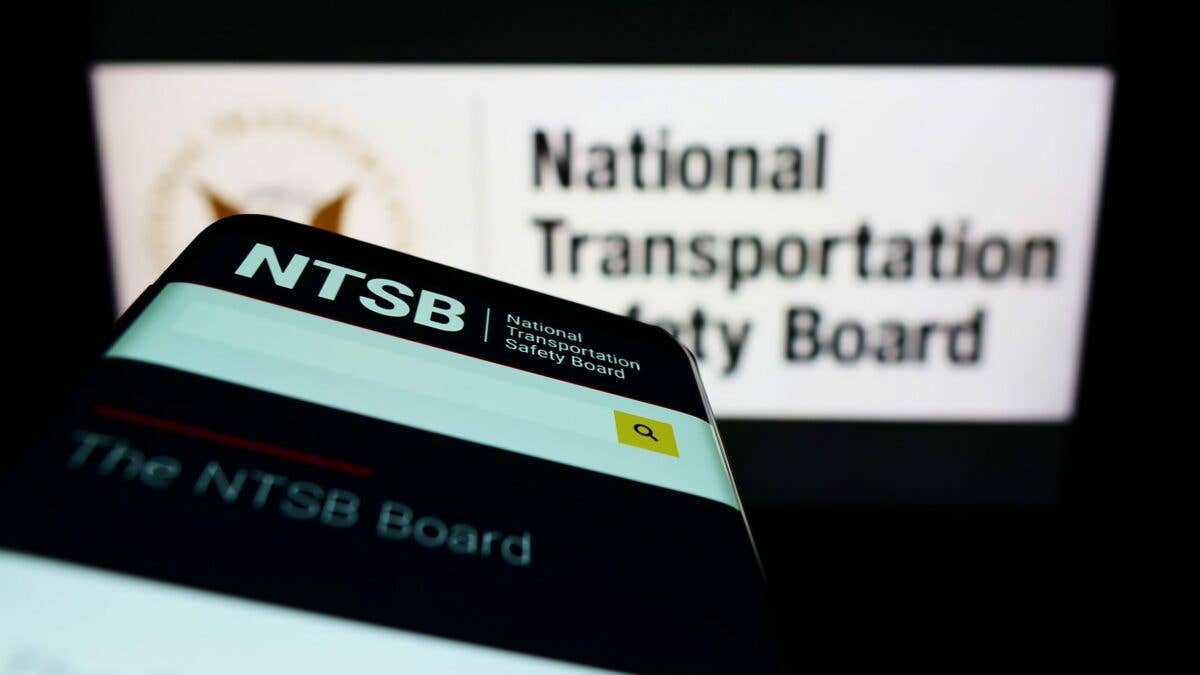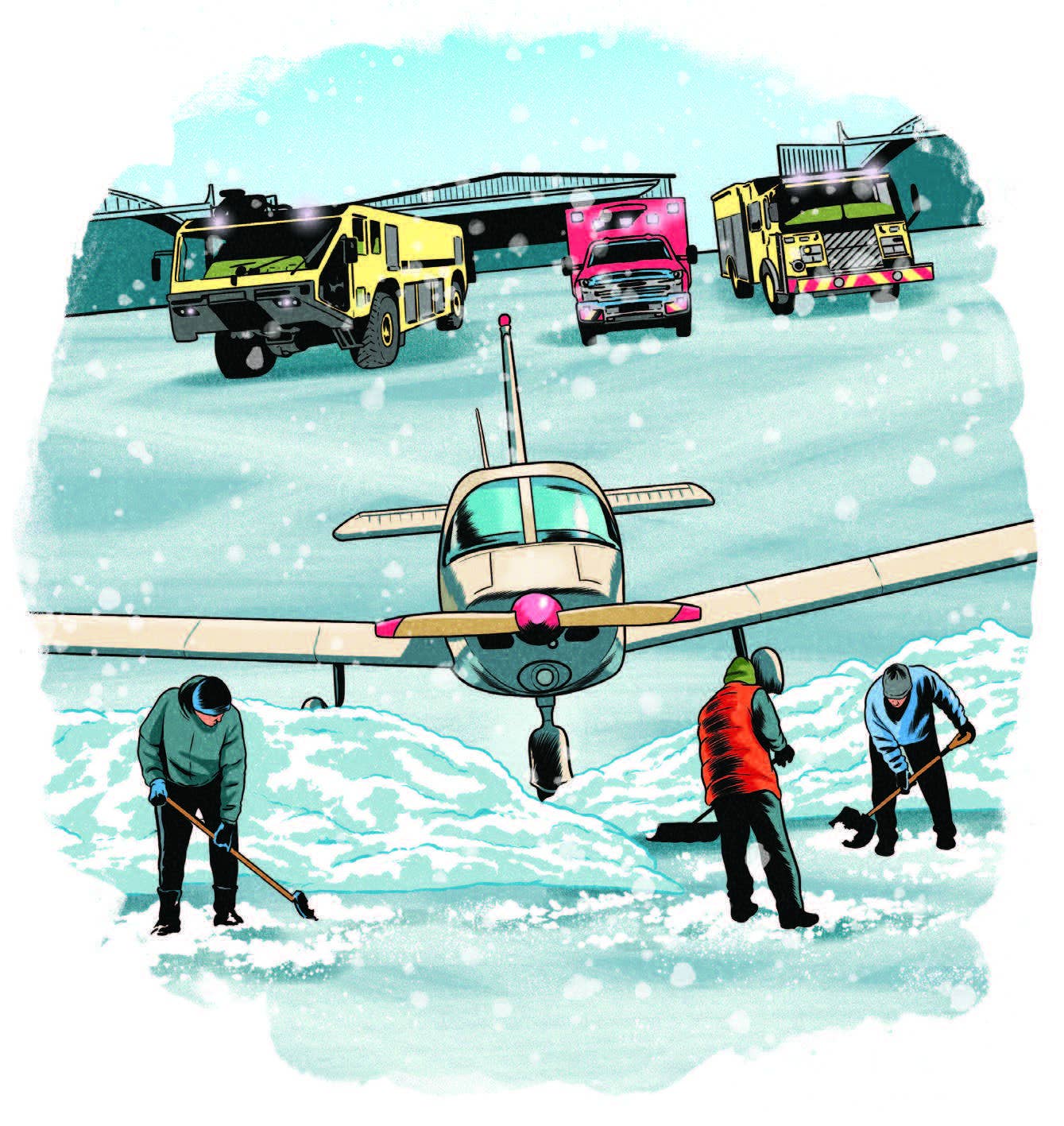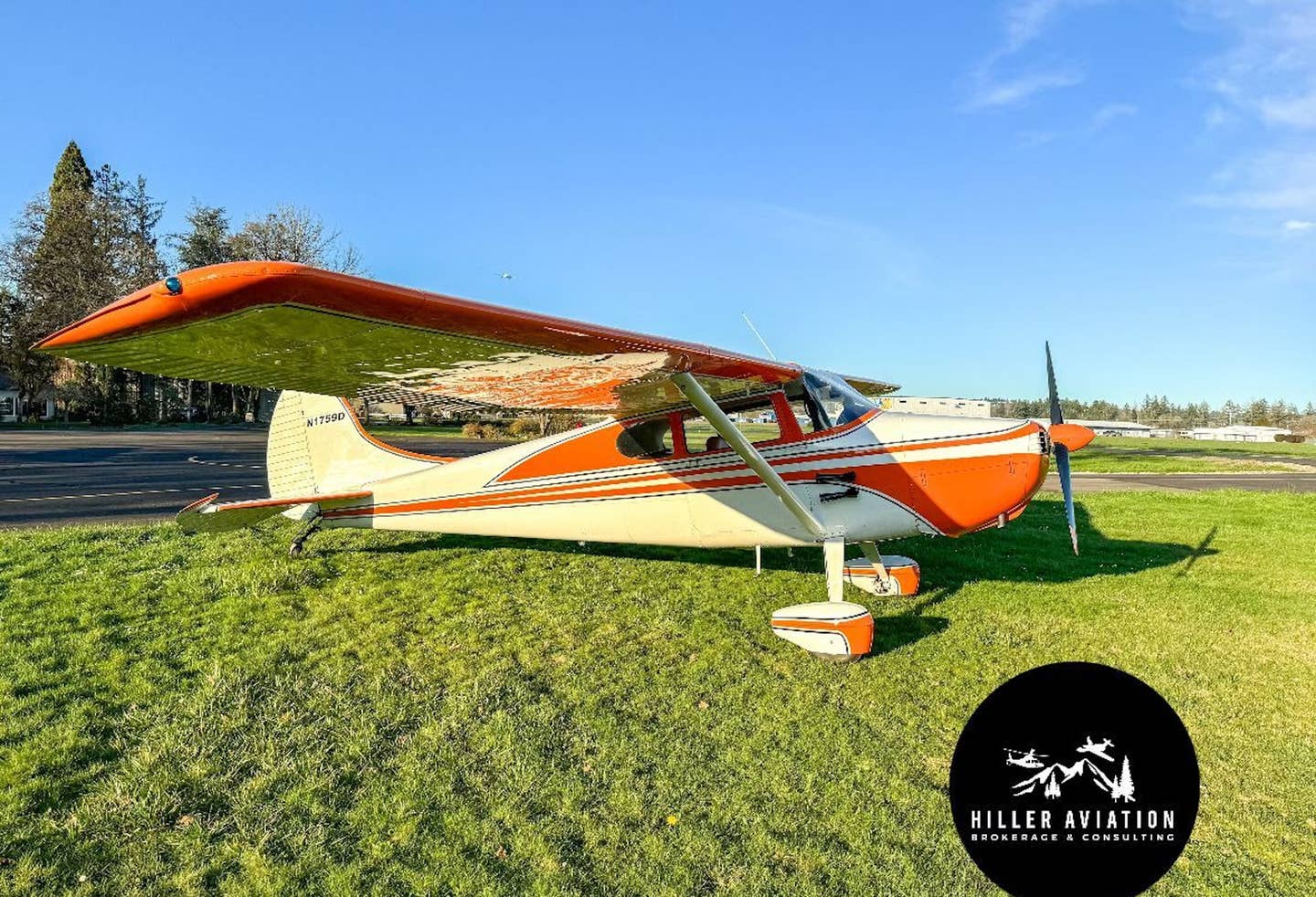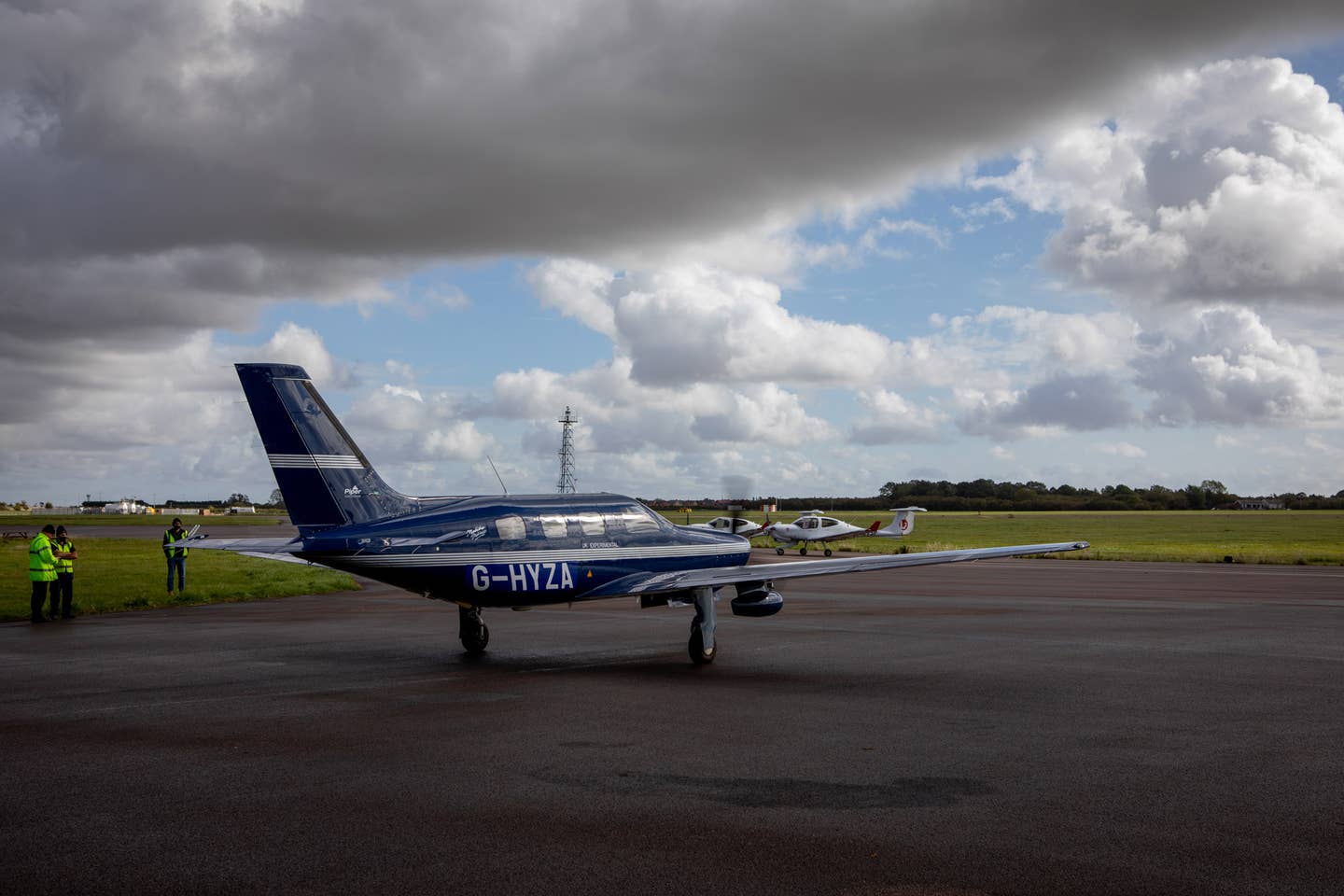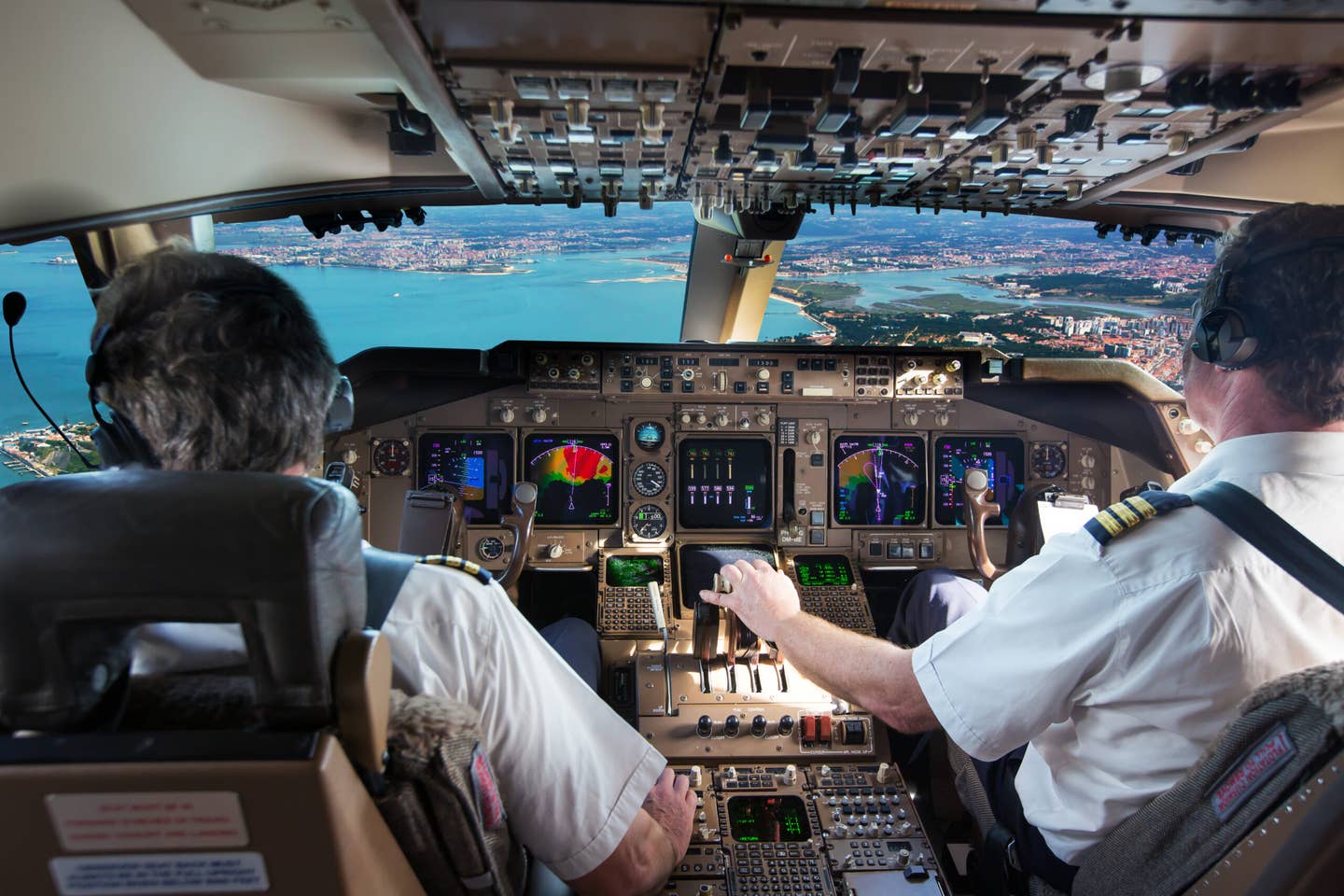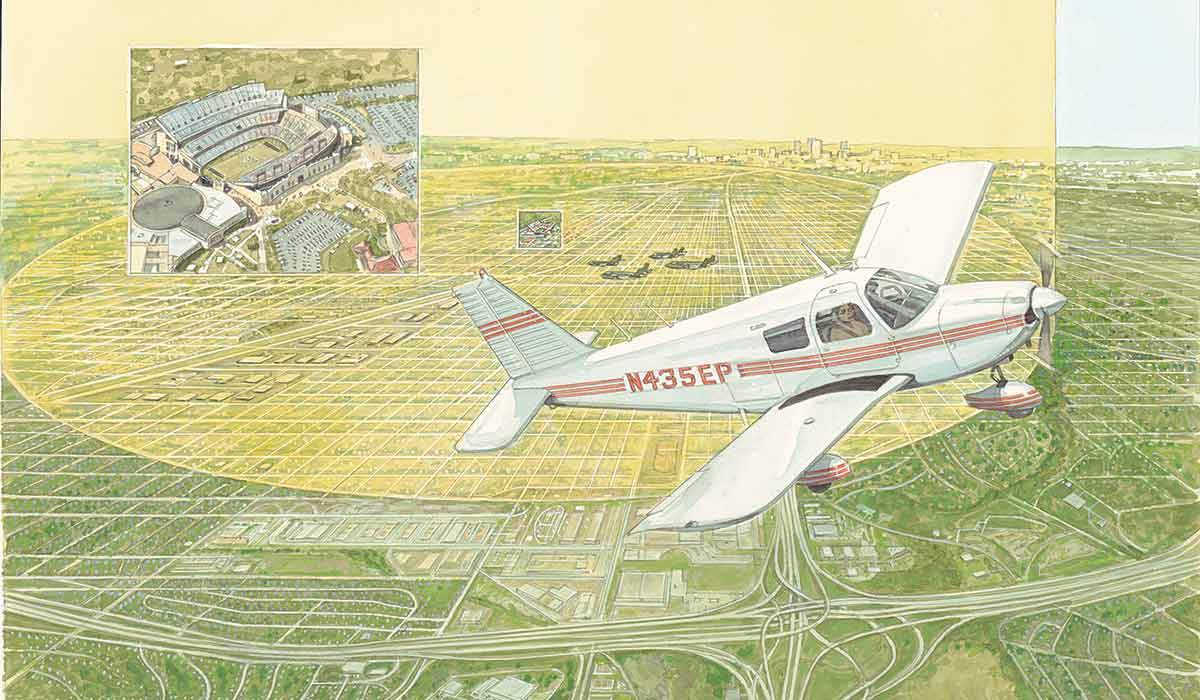
Why it’s important to have a general idea of the major events taking place in cities you plan to overfly. Barry Ross/BarryRossArt.com
On the morning of December 29, 2015, I was planning a flight in my flying club’s Piper PA-28-235 from Northwest Regional Airport (52F) in Roanoke, Texas, to Clark Field Municipal Airport (KSEP) in Stephenville. The idea was to have lunch at a favorite barbecue restaurant. I planned to depart 52F and land at Fort Worth Meacham International Airport (KFTW) to pick up my passengers and then continue on to KSEP. We would then return to KFTW later that afternoon. This would be my passengers’ first flight in a GA airplane.
I called Flight Service and received a weather briefing for the flight beginning at 10 a.m. and ending around noon. The weather forecast was OK except for some potential low-level fog around KSEP and the possibility of increasing overcast at 1,000 feet agl in the Dallas-Fort Worth area after noon. I was also informed that the AWOS broadcast at KSEP was out of service. I was told there were no TFRs in the Dallas-Fort Worth area other than the usual one over the Bush residence, near Dallas Love Field (KDAL).
I am not instrument rated and thought it best to alter my plans rather than deal with potential fog and low overcast on the return flight that afternoon. I decided I would pick up my passengers and fly them over downtown Fort Worth and Benbrook Lake since the current conditions called for strong VFR.
After departing KFTW with my passengers, we flew over the local area as planned, but while in the air one of the passengers needed to use the restroom.
We were close to Fort Worth Spinks Airport (KFWS), so we decided to land there to use the facilities.
It was around 12:30 p.m. when I departed KFWS for KFTW. I requested a north departure from Runway 35L. After run-up, I was told to hold short while the tower waited for a flight of F-35s to clear the area north of the field. After they departed, I was cleared for takeoff with a straight-out north departure. I climbed to 2,000 feet agl. We were just south of Interstate 20 when one of the passengers asked if we could fly over Texas Christian University for a look at the stadium and campus. I had no idea there was a college football game going on, with a TFR in place over the university. I didn’t even realize what was going on at TCU after watching the flight of F-35s cross from east to west just north of the field. (Later I realized they were on a low pass over the stadium for the game.)
At the passenger’s request, I turned northwest toward TCU, and at first, since TCU is not technically within the KFTW Class D airspace, I didn’t bother calling the tower. A few seconds later, out of courtesy for the tower controllers, I decided to call them and let them know that I was going to fly a couple of laps over TCU’s stadium and then come in for a full-stop landing.
I was about to cross over the I-20 and I-35 interchange when I called the tower and informed them of my intentions. It was then that I learned of the TFR and bowl game in progress. The controller instructed me to make an immediate turn to 90 degrees and continue for 3 miles to avoid the TFR, which I was seconds away from busting (if not already busting).
Had I not called and learned of the situation at TCU, I would have been flying over the stadium inside a TFR without being in two-way radio contact with anyone.
The way I see it, the controller saved my bacon, and possibly my pilot certificate and pocketbook.
Observations:
I thought it was odd that Flight Service didn't mention the upcoming TFR at TCU. I'm pretty sure it wasn't going to affect me based on my original plans, but in the past Flight Service had mentioned upcoming TFRs in the area for planning purposes.
I wonder why the controllers at KFWS didn't mention the TFR. I know they're not required to, but I've heard them do it in the past as a courtesy.
What did I learn?
When ATC is available, talk to the controllers — always. You'll never know everything that's going on around you unless you're in contact with them. If something doesn't seem right, ask the controllers for clarification.
If your plans change from the ones you originally discussed with Flight Service, call back and get another briefing.
Get a general idea of the major events taking place in cities you plan to overfly. Is there a game? Is the president in town? Has the area been hit by a natural disaster?
I was trained to be better than this, and I’m still embarrassed and angry with myself over the situation. But the experience has made me a better pilot, and I hope others can learn from my nearly disastrous mistake.

Sign-up for newsletters & special offers!
Get the latest FLYING stories & special offers delivered directly to your inbox

